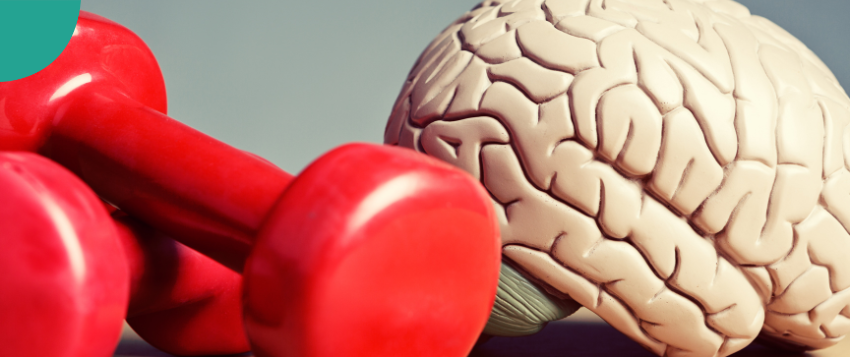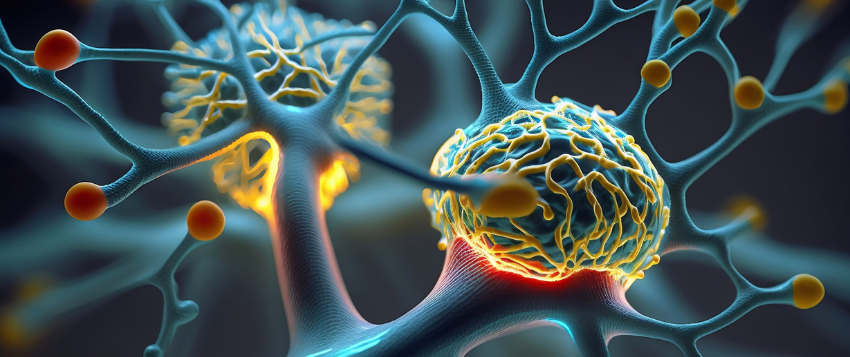In the pursuit of a healthy lifestyle, exercise stands as a cornerstone not only for physical fitness but also for maintaining optimal cognitive functionality. The benefits of exercise extend far beyond cardiovascular health and muscle strength; research consistently shows its profound impact on brain health and cognitive abilities.
The Brain-Boosting Benefits of Exercise

- Enhanced Brain Structure: Regular physical activity has been linked to increased gray matter volume in areas of the brain responsible for memory, learning, and executive function. This structural enhancement is crucial for maintaining cognitive abilities as we age.
- Improved Neurotransmitter Function: Exercise stimulates the release of neurotransmitters like dopamine, serotonin, and norepinephrine, which play key roles in regulating mood, attention, and motivation. These chemicals not only elevate mood but also enhance cognitive processes.
- Increased Neuroplasticity: Neuroplasticity refers to the brain’s ability to reorganise and form new neural connections throughout life. Exercise has been shown to promote neuroplasticity, allowing the brain to adapt and learn more effectively.

- Stress Reduction: Physical activity helps reduce levels of cortisol, the stress hormone. Lower stress levels contribute to better cognitive function, improved focus, and enhanced decision-making abilities.
- Better Sleep Quality: Regular exercise is linked to improved sleep patterns, including deeper and more restorative sleep. Quality sleep is essential for cognitive consolidation, memory retention, and overall mental clarity.
Best Vitamins for Cognitive Health and Enhancement

While exercise forms a potent foundation for cognitive health, certain vitamins and nutrients can further support brain function and vitality:
- Omega-3 Fatty Acids: Found in fatty fish like salmon and in supplements like fish oil, omega-3s are crucial for brain health. They support brain structure, reduce inflammation, and enhance neurotransmitter function.
- Vitamin B Complex: B vitamins, including B6, B12, and folic acid (B9), are essential for energy production and maintaining healthy nerve cells. They support cognitive function and may help reduce the risk of age-related cognitive decline.
- Vitamin D: Known as the sunshine vitamin, vitamin D plays a role in brain development, neurotransmitter synthesis, and protecting against cognitive decline. It can be obtained from sunlight exposure and supplements.

- Antioxidants: Vitamins C and E, along with other antioxidants like flavonoids and polyphenols, protect the brain from oxidative stress and inflammation, which can contribute to cognitive decline.
- Phosphatidylserine: This phospholipid is a component of cell membranes in the brain and supports neurotransmitter function, memory, and learning. It is often included in cognitive health supplements.
Conclusion
Incorporating regular exercise into your routine and ensuring adequate intake of brain-boosting vitamins and nutrients can significantly enhance cognitive functionality and overall brain health. Whether through aerobic activities, strength training, or yoga, exercise offers a powerful mechanism to optimize brain structure, neurotransmitter function, and cognitive performance. Combined with a balanced diet rich in essential vitamins, this approach forms a holistic strategy for maintaining and enhancing cognitive vitality throughout life. As we prioritize physical health, let us also champion the profound benefits it brings to our minds.
Disclaimer – Healthi and its associates offers health and fitness information and is designed for educational and entertainment purposes only. You should consult your physician or general practitioner before beginning a new fitness program. You should not rely on this information as a substitute for, nor does it replace, professional medical advice, diagnosis, or treatment. If you have any questions or concerns about your health, you should always consult with a physician, general practitioner, or other qualified healthcare professional. Do not disregard, avoid or delay obtaining medical or health related advice from your healthcare professional because of something you may have read on our publications or lectures. The use of information provided though the urban wellness service is solely at your own risk and is not medical or healthcare advice.






